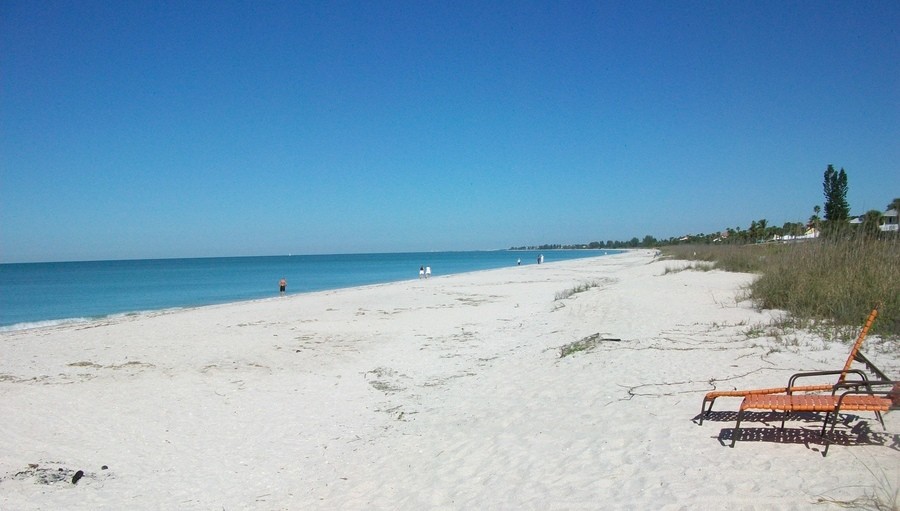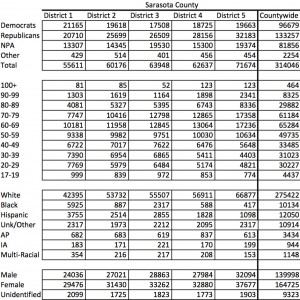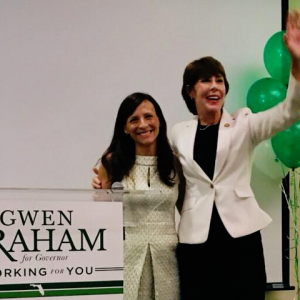Space, Time and Ignorance
Guest Correspondence
SRQ DAILY
SATURDAY DEC 10, 2016 |
BY DONAL O'SHEA
A long article that appeared recently in The Wall Street Journal alleges that America has run out of big ideas, and that gains in science, medicine and technology have slowed. The article explores reasons such as excessive regulation, risk aversion, and the rising costs of capitalization.
In talking about regulation, however, it does not note that immigration policies make it difficult for foreign scientists to enter the United States. As a result, many conferences are no longer held in the United States. Nor does the article mention that despite the barrage of talk about STEM, we as a state and nation downplay, and even seem impatient with, basic science and research.
Let me illustrate both by looking at the most significant scientific achievement of the last decade. Last year, on September 14, 2015, a two-and-half-mile track in Livingston, Louisiana, 15 miles west of Baton Rouge, shrank by about the width of a proton. The same thing happened at an identical track in Hanford, Washington, about 175 miles southeast of Seattle. Both tracks bounced back. Three months later, on December 26, the same thing happened.
It was not just the tracks that contracted and expanded in one direction. So did the earth, the sun and our solar system. Some areas of our galaxy experienced the waves 70,000 years ago. Other areas will not experience it for 100,000 more years.
Those oscillations were the first time that gravitational waves had been observed. The first was due to the merger, in a galaxy far away and over a billion years ago, of two orbiting black holes, each 15 times more massive than our sun. The second was also due to the merger of two black holes: one 14 times the mass of the sun, the other 7.5 times.
The existence of such waves had been predicted as a simple of consequence of Einstein’s Theory of General Relativity, 100 ago in November 1915. We know the origin of these waves because a few mathematicians (mostly in Europe) managed to solve the Einstein equations for merging black holes.
These announcements in February of this year sent a ripple of excitement through the scientific community. With good reason—these discoveries have deep consequences and have opened up a whole new era of physics and astronomical observation. Sixty-five international conferences on results in general relativity were held in 2016. But even though the observations had been made in the US, only six of the conferences were in the United States. Organizing an international conference in some areas of physics is a fools’ errand. It is too difficult to get visas for leading researchers to visit.
A Floridian student who wanted to learn something about general relativity (which is central to modern physics) would have been out of luck. Apart from a single course at New College, there were no courses on general relativity offered anywhere on the west coast of Florida, even in Tampa. Nothing for 4 million people.
If we shut ourselves off from the world and fail to invest in educating the next generation, we can wring our hands all we want about barriers to monetizing research and packaging creativity: there will be no research to exploit and nothing on which to exercise creativity. No there there. Just more bloviation on a grand scale.
Donal O’Shea is president of New College of Florida.
« View The Saturday Dec 10, 2016 SRQ Daily Edition
« Back To SRQ Daily Archive











